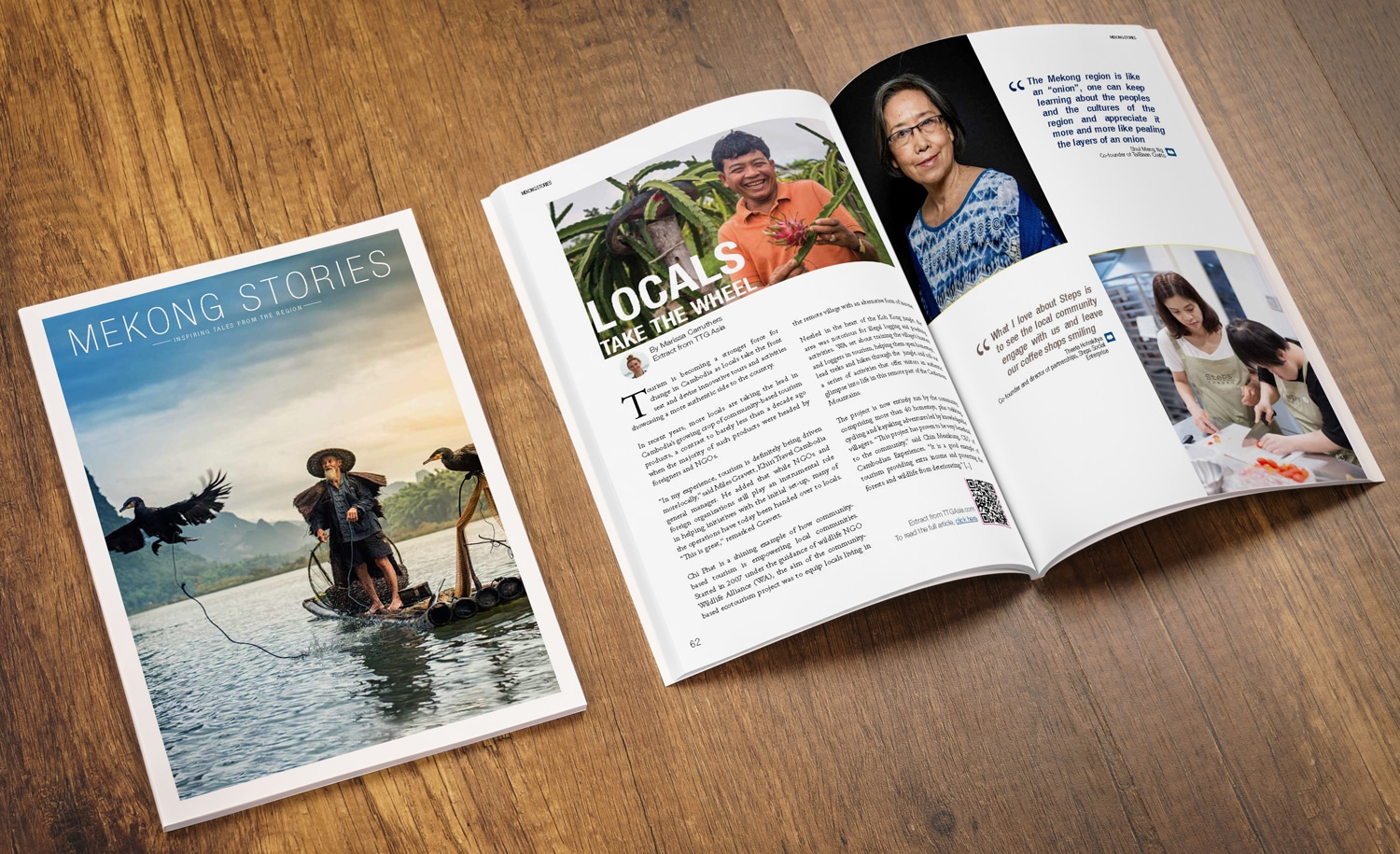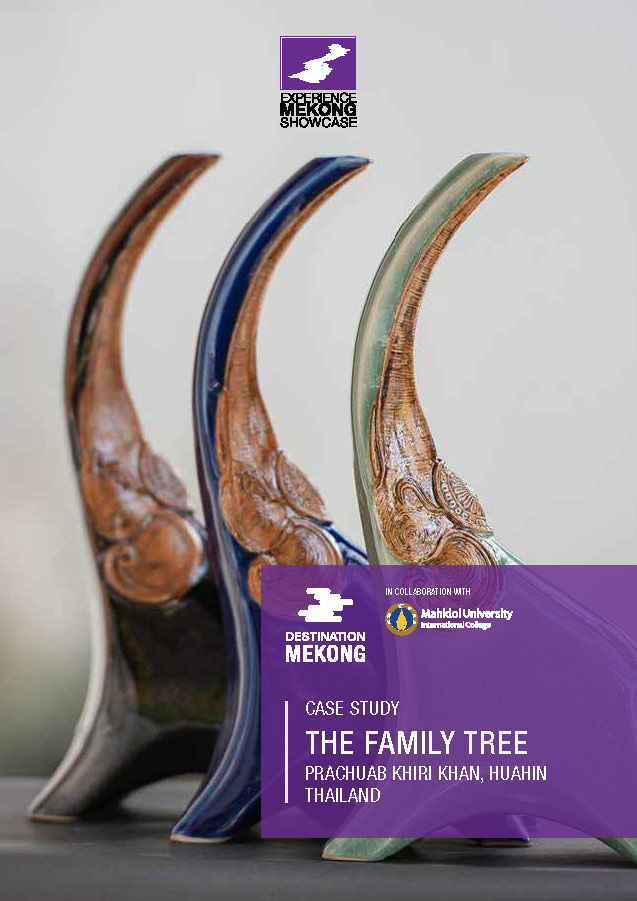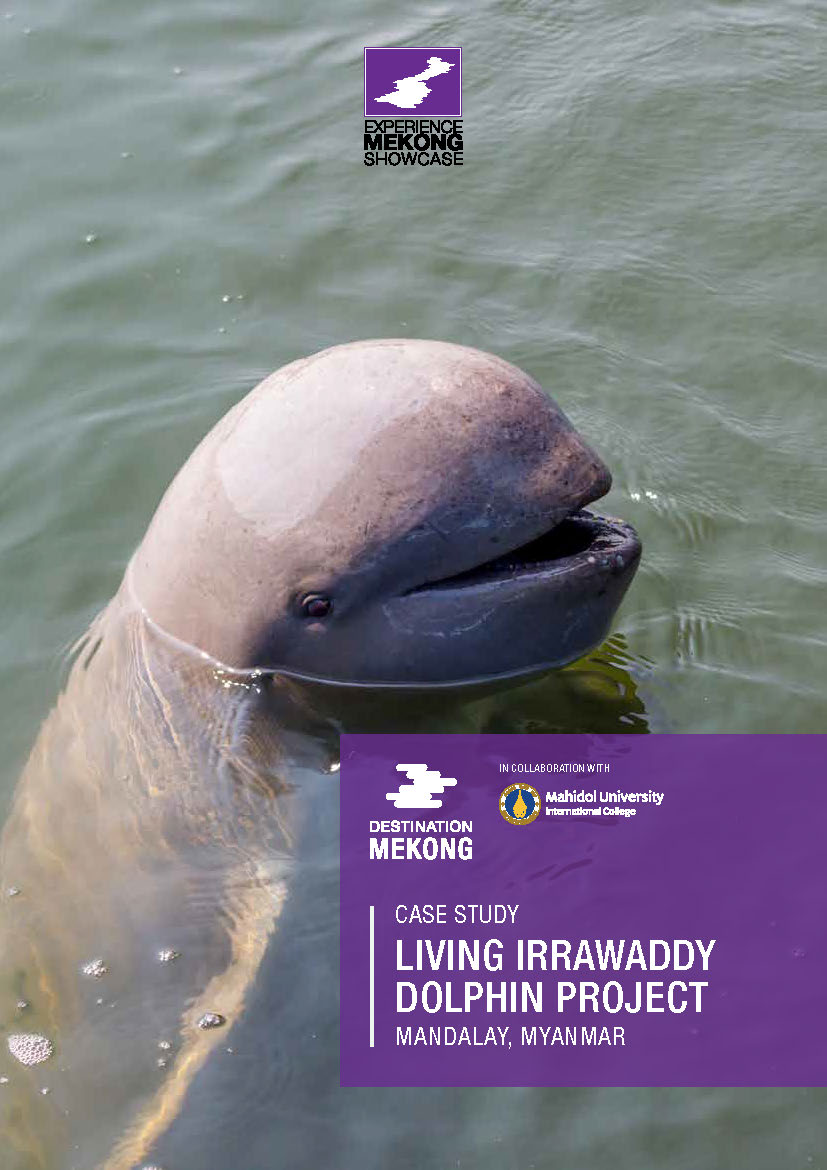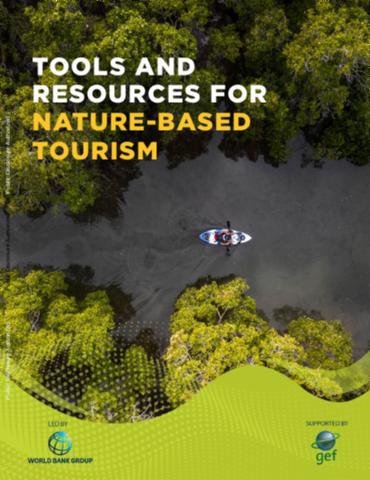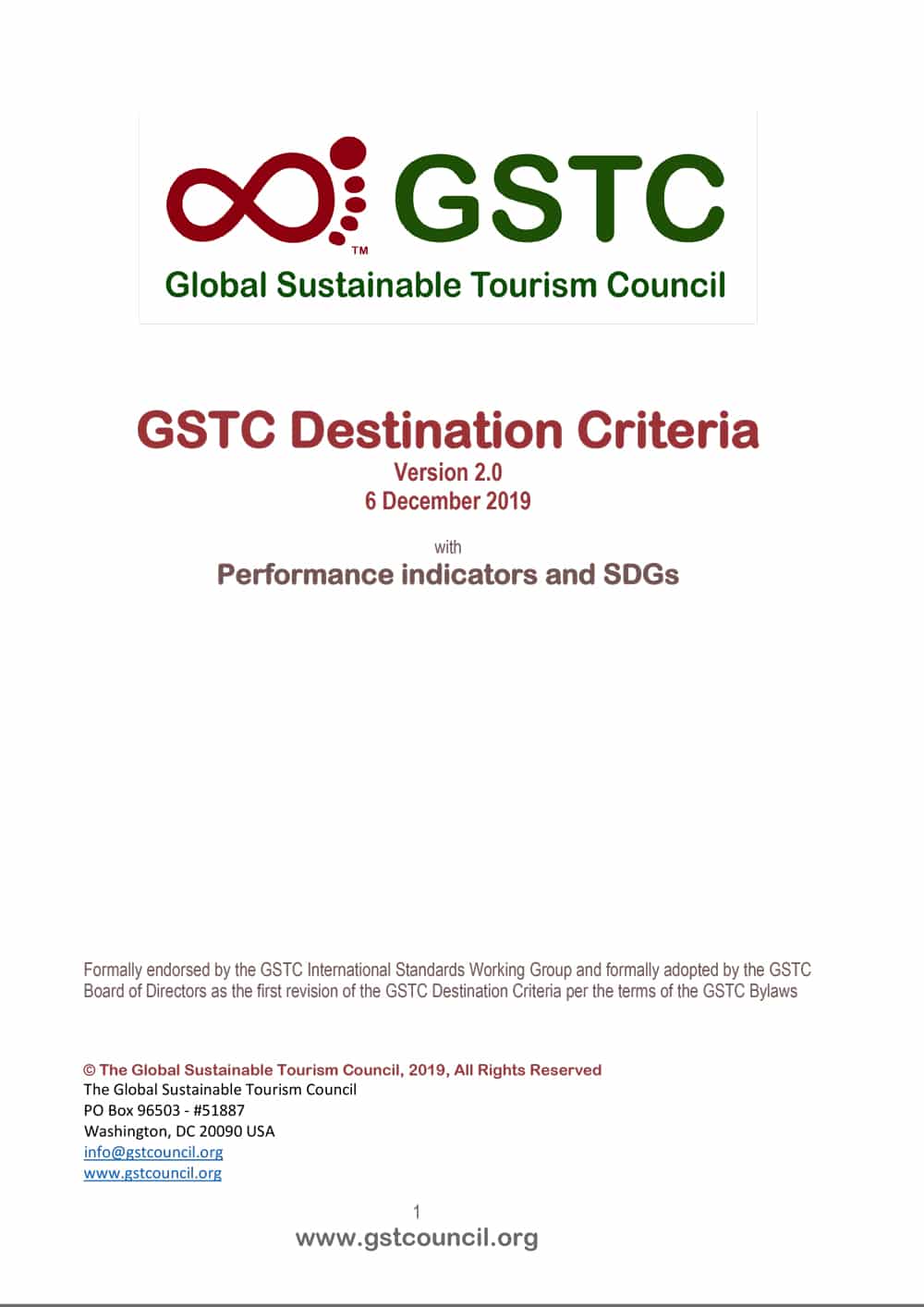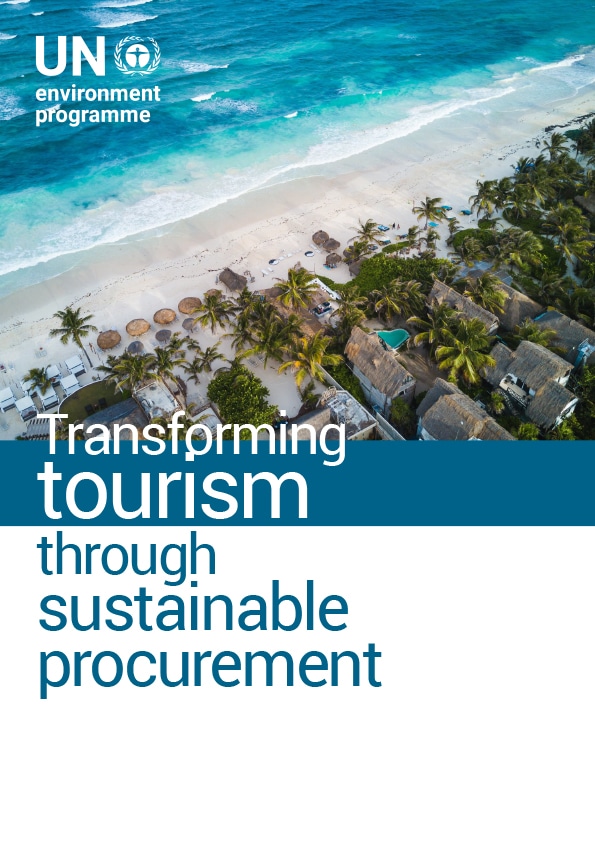14 September 2022, Phnom Penh, Cambodia
To draw attention to the many people contributing to building a sustainable tourism industry in the Greater Mekong Subregion (GMS) and the many stories that make up the region, Destination Mekong is publishing the first Mekong Stories digital book.
Destination Mekong, the private-sector-led regional tourism board that champions the Greater Mekong Subregion as a single sustainable tourism destination, has launched its first Mekong Stories book.
Mekong Stories is, in part, a compendium of some of the best examples of travel enterprises within the Greater Mekong Subregion (GMS). It is also the genuinely inspiring stories of those people working in the Mekong’s travel sector, from the small, responsible travel businesses and social enterprises showcased in our Experience Mekong Collection, the tourism professionals portrayed in Mekong Faces, the passionate entrepreneurs featured in the Mekong Innovations in Sustainable Tourism program (MIST), to the Mekong Heroes, as well as to all the shared experiences by travelers and residents from the Mekong Moments and Mekong Minis campaigns.
Dr. Jens Thraenhart, founder of Destination Mekong, said that he “firmly believes that destination storytelling is the most powerful marketing tool for a travel destination to inspire the world and build pride, in particular, a region as diverse as the GMS.”
Mark Bibby Jackson, editor-at-large of Mekong Stories, says: “The Mekong is an amazingly diverse area. There are so many stories to tell. In Mekong Stories we are giving voice to the many, many people working in the region who depend upon travel and tourism for their livelihoods. For too long the travel industry has had a bad press. Now is the time to hear real people talking about the positive benefits of tourism.”
Destination Mekong’s purpose is to engage the private sector, whether regional hospitality companies, small tour operators, shop owners, or individuals who provide services to visitors. “By sharing stories, we create bonds between people and bridges between cultures,” said Catherine Germier-Hamel, CEO of Destination Mekong.
Destination Mekong thanks its partners and supporters for this publication, including Studio DMB, UNWTO Affiliate Member Chameleon Strategies, Small Luxury Hotels of the World, and the World Wildlife Fund. Contributors to the publications include:
- Bertie Alexander Lawson for Sampan Travel
- Cambodian Children’s Trust (CCT)
- Hayley Holden for epicarts
- Hivester
- Janina Bikova
- Jens Thraenhart
- Jens Uwe Pakitny
- Laurence Couton for WildChina
- Mahidol University
- Marissa Carruthers for TTG Asia
- Mekong Quilts
- Michael Biedassek for Bangkok Vanguards
- Nattakorn Asunee Na Ayudhaya
- Peter Richards
- Sampan Travel
- Small Luxury Hotels of the World
- Sophie Hartman for SustainableVN
- Suzanne Becken
- Valerie Olla for Ock Pop Tok
- WildChina
The 243-page publication will be available to read and download on www.destinationmekong.com; the content will also be published on www.mekongstories.com as well as on Destination Mekong’s Facebook page.
-ENDS

